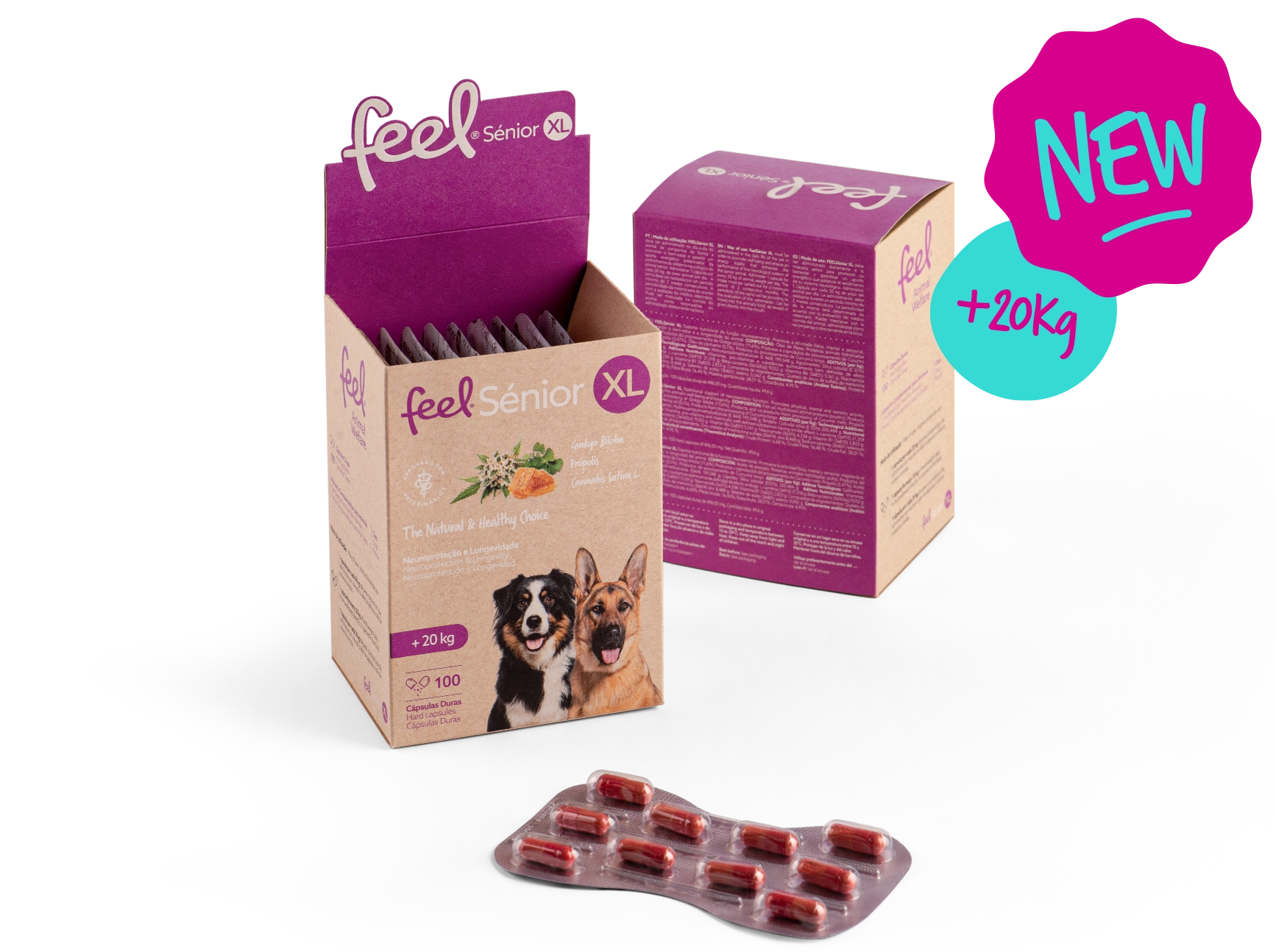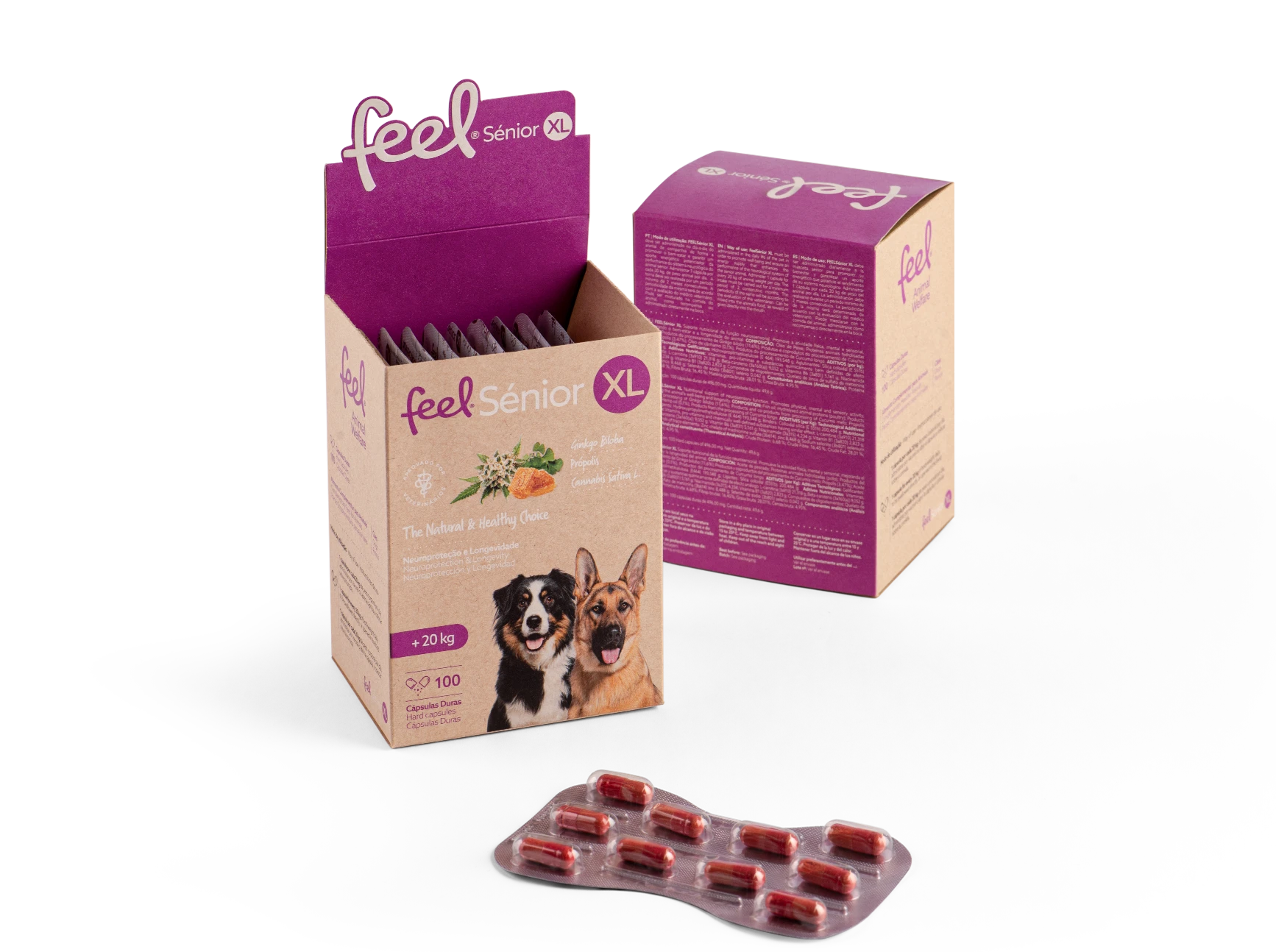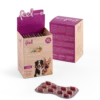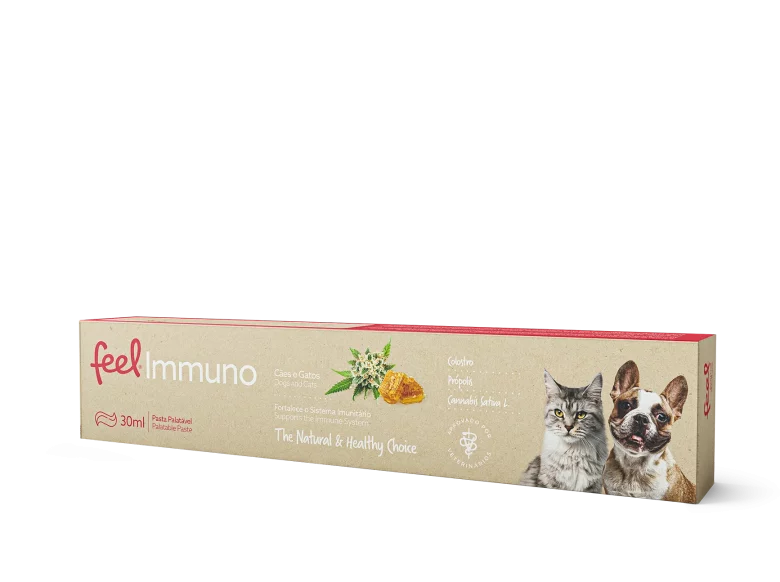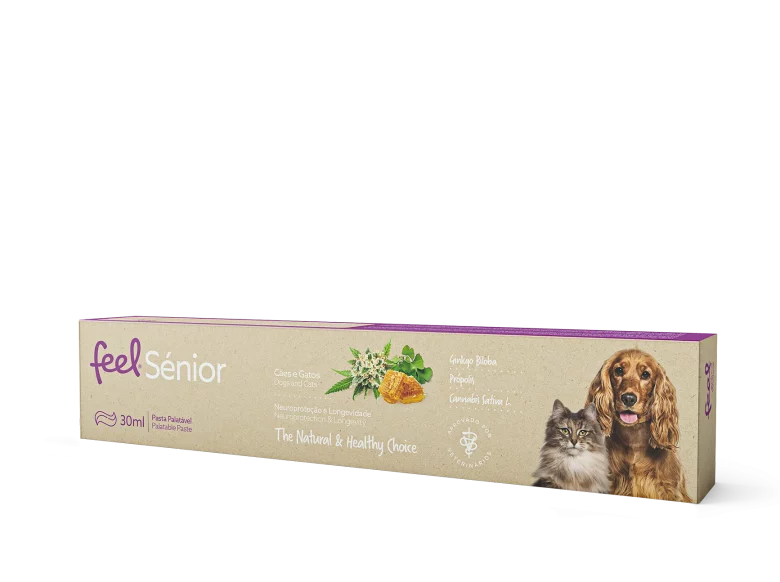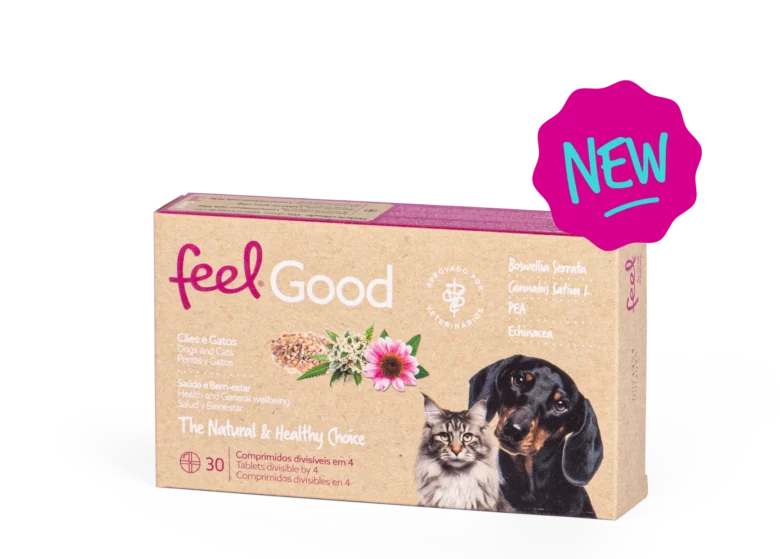
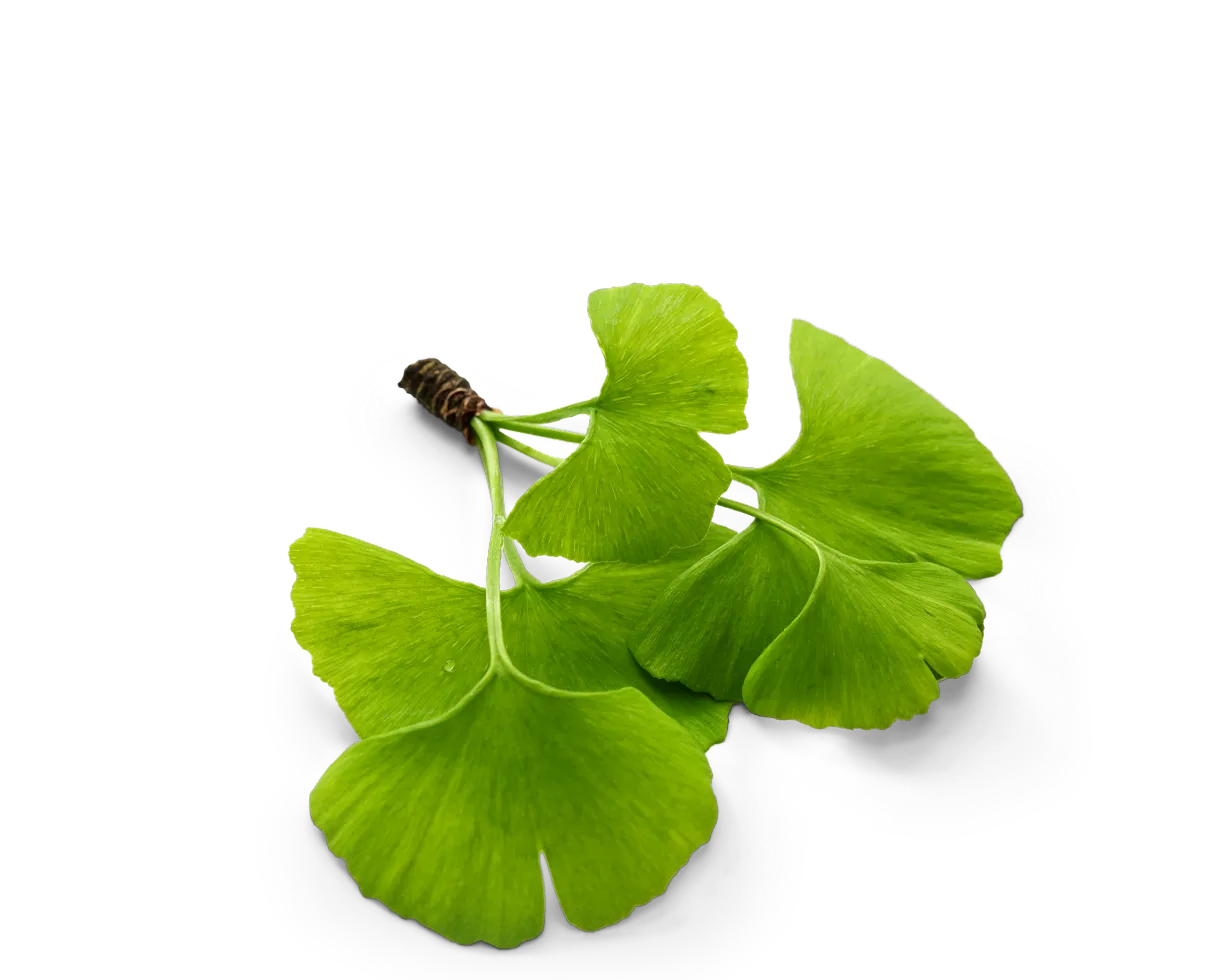
Gingko Biloba
Ginkgo Biloba is a species of dioecious tree. Its constituents have been used both in food and medicine. The beneficial effects are related to blood circulation, improvement of memory, and also have beneficial effects on aging signs.
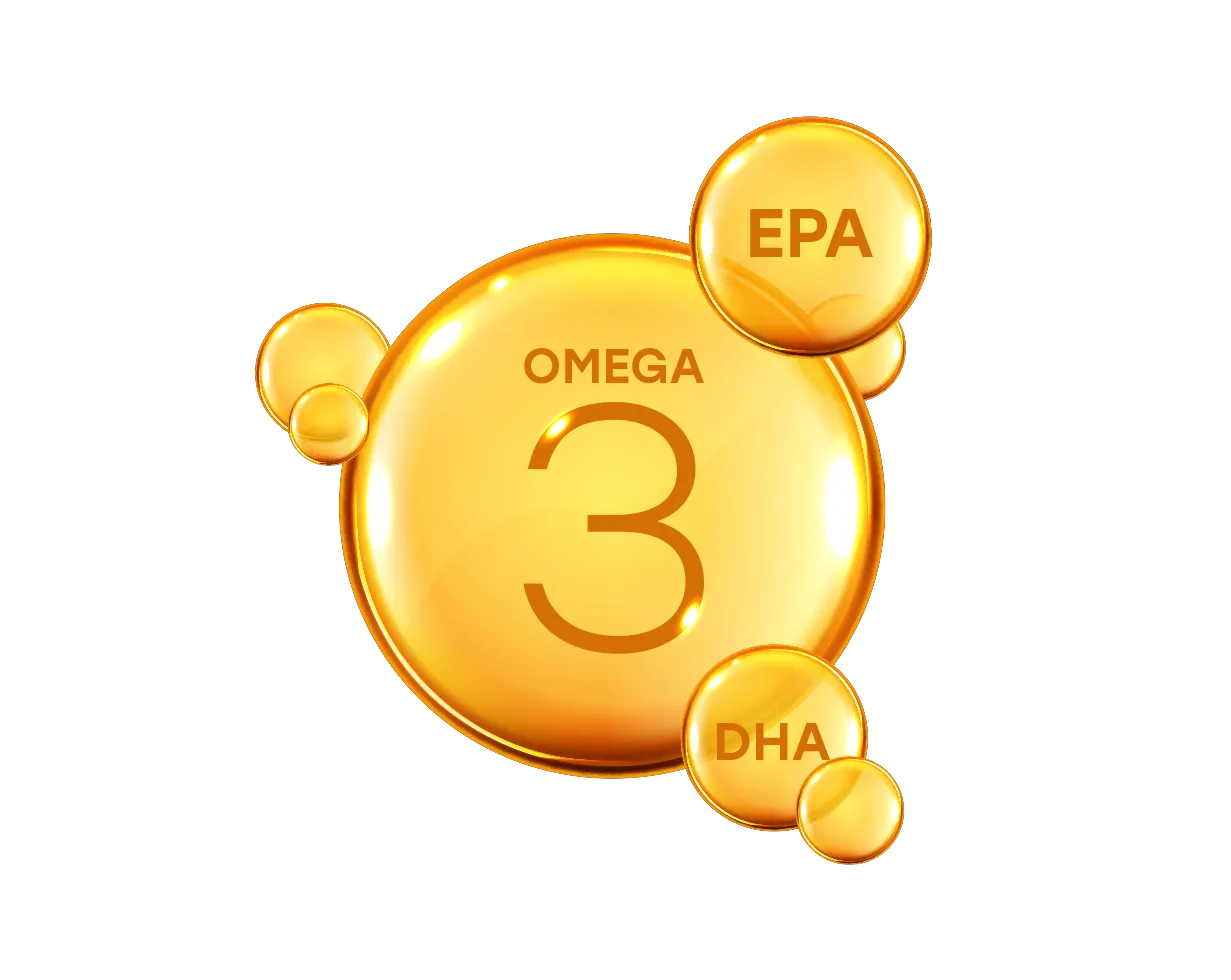
Fish Oil ( EPA and DHA)
Fish oils contain high levels of long-chain polyunsaturated omega-3 fatty acids, including eicosapentaenoic acid (EPA) and docosahexaenoic acid (DHA). They are not synthesized in animals and are therefore considered essential fatty acids. EPA and DHA are an integral component of cell membrane phospholipids, with specific functional, metabolic, signaling, and regulatory functions in the inflammatory response.
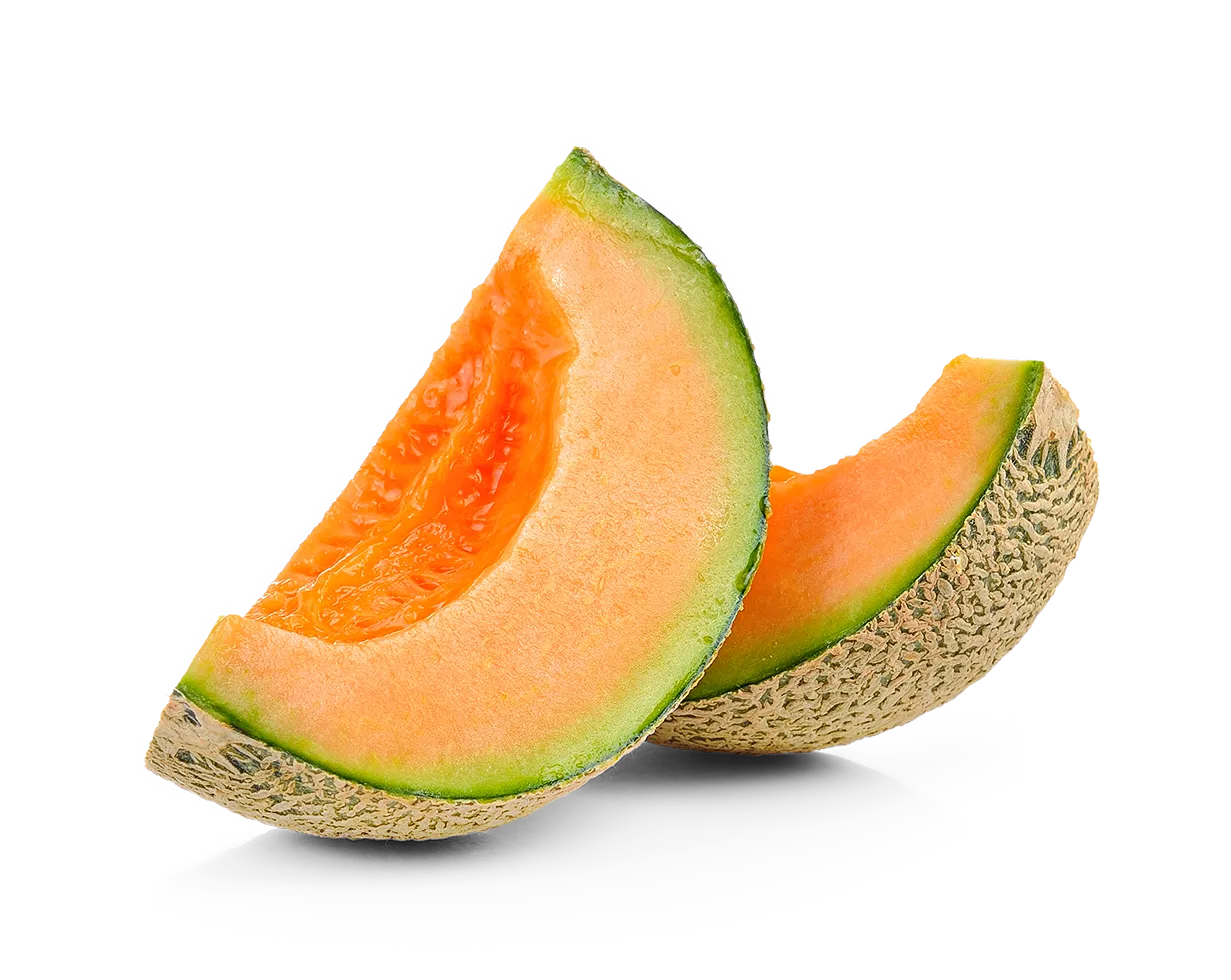
Cucumis melo (SOD)
The superoxide dismutase (SOD) enzyme is responsible for catalyzing the conversion of superoxide to oxygen and hydrogen peroxide, and is thus very important in controlling the levels of reactive oxygen species (ROS), reactive nitrogen species (RNS), as well as their toxicity. It is an important antioxidant defense in most oxygen-exposed cells.
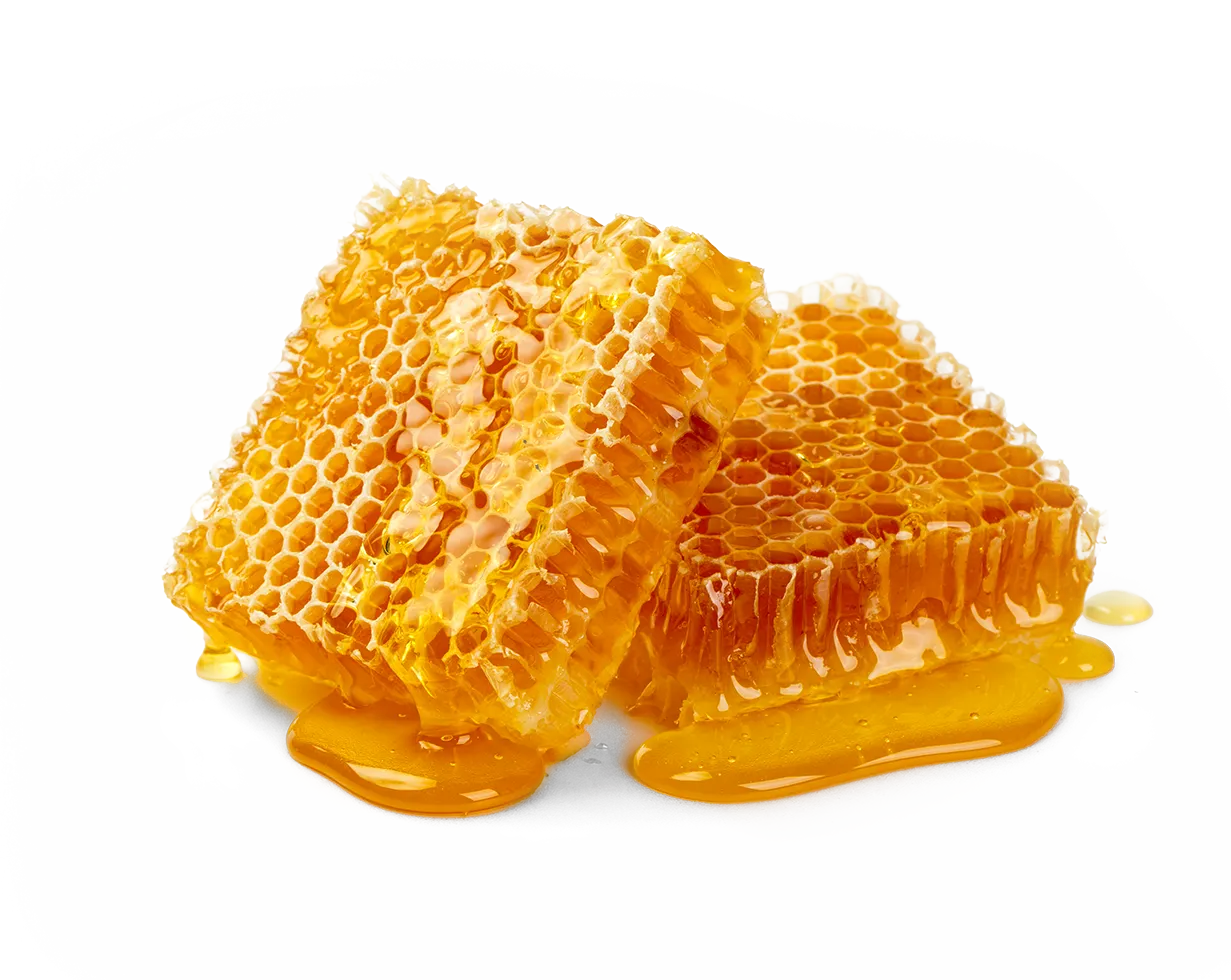
Propolis
Propolis has anti-inflammatory, antioxidant, and antimicrobial properties, providing support for wound healing and tissue regeneration. Its bioactive compounds such as flavonoids, phenolic acids and their esters, terpenoids, steroids, and amino acids are responsible for the anti-inflammatory activity of propolis, inhibiting cyclooxygenase (COX) and consequently inhibiting the biosynthesis of prostaglandins, which contributes to a reduction in the inflammatory cytokines concentration.
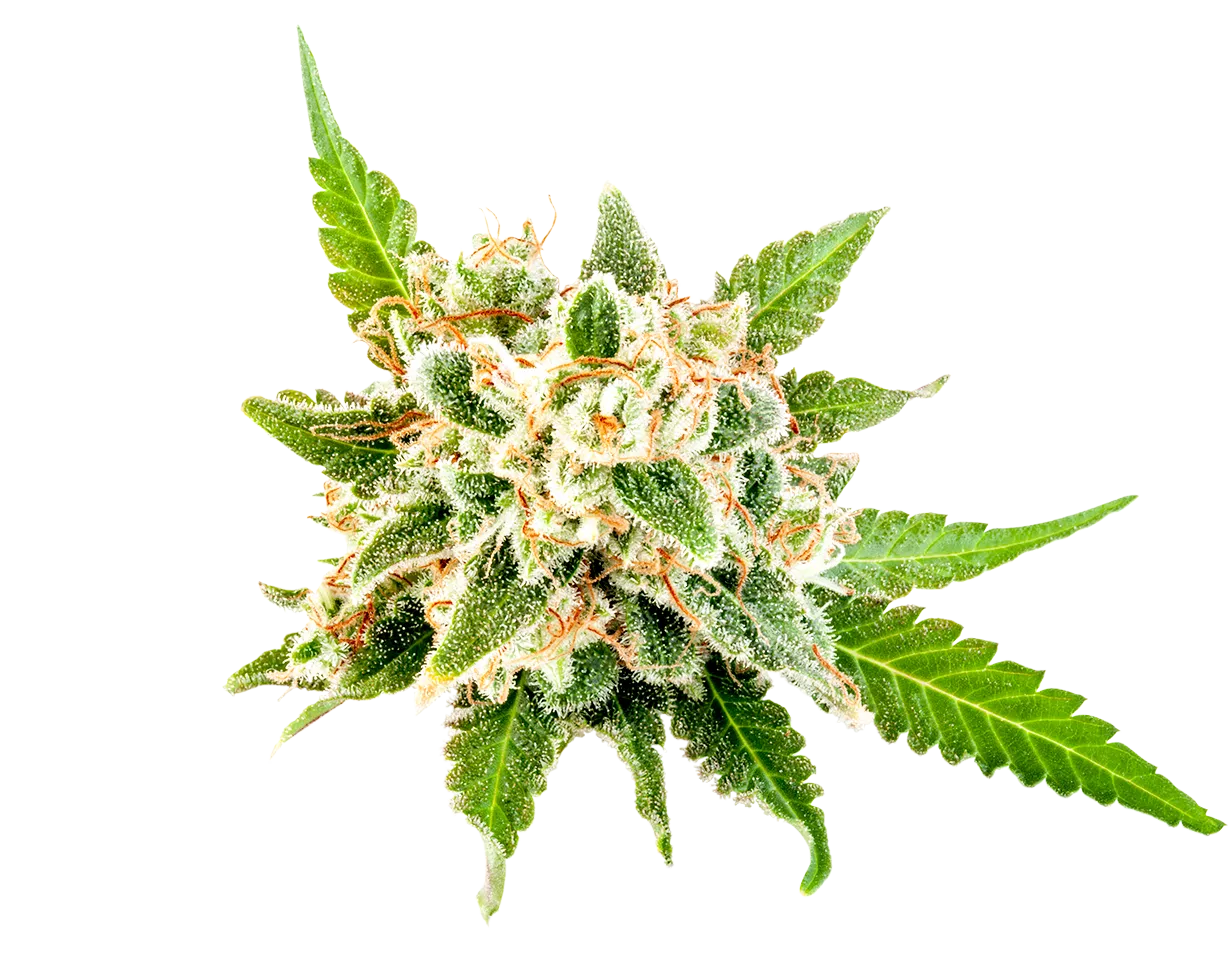
Cannabis Sativa L.
Cannabis Sativa L, is an Asian plant of the Cannabis genus. It is highly tolerated by animals, with a good security profile and no clinical toxicity reported in scientific literature. It produces immunomodulatory, anti-nociceptive, anti-inflammatory, neuroprotective, analgesic, anxiolytic, antiemetic, muscle relaxant, spasmolytic, sedative, tumor growth inhibitor, anticonvulsant effects, and acts as an appetite stimulant.
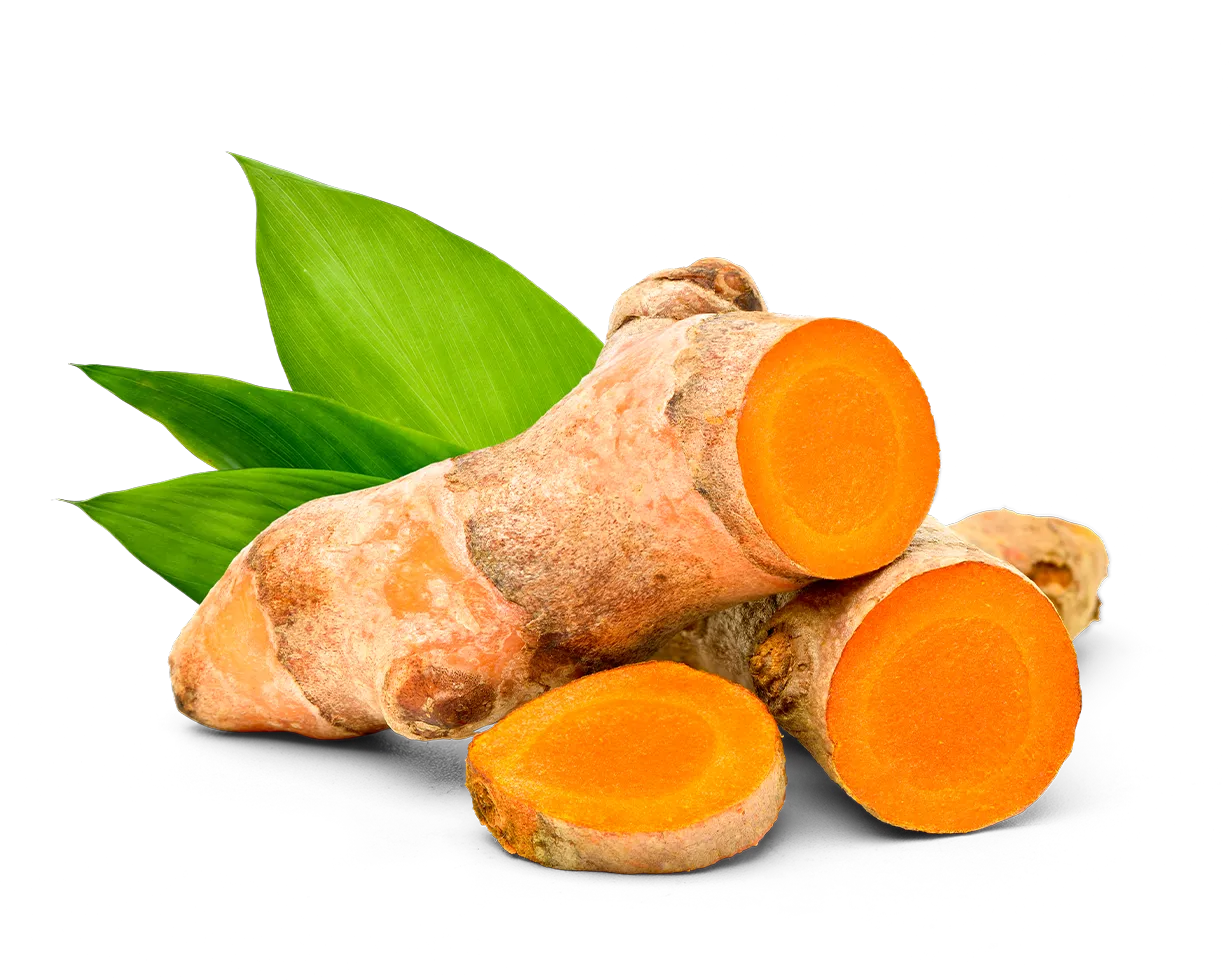
Curcumin Complex
Curcumin (1-7-bis(4-hydroxy-3-methoxyphenyl)-1,6-heptadiene-3,5-dione), also known as diferuloylmethane, is the main polyphenol found in the rhizome of Curcuma longa. It has antioxidant, anti-inflammatory, hepatoprotective, and anti-apoptotic activity.

Gingko Biloba
Ginkgo Biloba is a species of dioecious tree. Its constituents have been used both in food and medicine. The beneficial effects are related to blood circulation, improvement of memory, and also have beneficial effects on aging signs.

Fish Oil ( EPA and DHA)
Fish oils contain high levels of long-chain polyunsaturated omega-3 fatty acids, including eicosapentaenoic acid (EPA) and docosahexaenoic acid (DHA). They are not synthesized in animals and are therefore considered essential fatty acids. EPA and DHA are an integral component of cell membrane phospholipids, with specific functional, metabolic, signaling, and regulatory functions in the inflammatory response.

Cucumis melo (SOD)
The superoxide dismutase (SOD) enzyme is responsible for catalyzing the conversion of superoxide to oxygen and hydrogen peroxide, and is thus very important in controlling the levels of reactive oxygen species (ROS), reactive nitrogen species (RNS), as well as their toxicity. It is an important antioxidant defense in most oxygen-exposed cells.

Propolis
Propolis has anti-inflammatory, antioxidant, and antimicrobial properties, providing support for wound healing and tissue regeneration. Its bioactive compounds such as flavonoids, phenolic acids and their esters, terpenoids, steroids, and amino acids are responsible for the anti-inflammatory activity of propolis, inhibiting cyclooxygenase (COX) and consequently inhibiting the biosynthesis of prostaglandins, which contributes to a reduction in the inflammatory cytokines concentration.

Cannabis Sativa L.
Cannabis Sativa L, is an Asian plant of the Cannabis genus. It is highly tolerated by animals, with a good security profile and no clinical toxicity reported in scientific literature. It produces immunomodulatory, anti-nociceptive, anti-inflammatory, neuroprotective, analgesic, anxiolytic, antiemetic, muscle relaxant, spasmolytic, sedative, tumor growth inhibitor, anticonvulsant effects, and acts as an appetite stimulant.

Curcumin Complex
Curcumin (1-7-bis(4-hydroxy-3-methoxyphenyl)-1,6-heptadiene-3,5-dione), also known as diferuloylmethane, is the main polyphenol found in the rhizome of Curcuma longa. It has antioxidant, anti-inflammatory, hepatoprotective, and anti-apoptotic activity.
Neutroprotection and Longevity
Way of Use
Tablets per Day / Animal Weight.
Available in 100 hard capsules.


